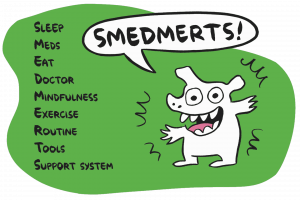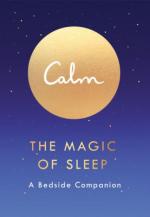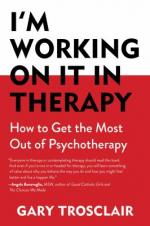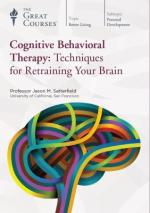April 2, 2021 | Alyssa Y

Mental Harmony, mental health, and mental wellness/illness looks different on everyone. Finding your own mental harmony involves a multi-pronged approach of many factors, and tweaking just one small thing in your life can help you feel happier, more fulfilled, and more in harmony with your mind.
In Ellen Forney’s graphic novel bipolar survival guide Rock Steady, she outlines a concept she calls SMEDMERTS, or Sleep, Meds, Eat, Doctor, Mindfulness, Exercise, Routine, Tools, and Support System.
Sleep
Sleep is crucial to mental health and general wellness. Experts recommend setting a regular sleep and wake schedule, and various studies recommend anywhere from 6-8 hours a night. Learn more about sleep in these reads.
Meds
Here, Ellen Forney’s advice is simple: if your doctor has prescribed you medication, take it according to your doctor’s recommendations. Check! Done.
Eat
What you eat can have a profound impact on your mental wellness. Sometimes when we’re anxious, we eat too little; other times, if we’re sad or bored, we may eat too much. Emotional displeasure can lead us towards junk foods, which further impacts our mental and physical help.
If you’re looking for new food ideas, check out our Test Kitchen space.
Doctor / Therapist
Mental health IS health, and there’s no shame in seeking out therapy! Whether it’s regularly visiting your primary care physician, seeking out counseling with a trained professional, or attending a support group, it all counts, and just know you’re taking steps to care for your own mental harmony.
If you are coping with a mental illness, the National Association of Mental Illness – Michigan and Metro offer support groups via Zoom at no charge. If you’re looking for a COVID-related support group, Reset Brain + Body, based out of Plymouth, runs a group on Tuesdays. Also on Tuesdays, Reset Brain + Body has a support group for mothers.
Mindfulness
Mindfulness can be described as doing things with intention, or just paying gentle attention to what you’re doing. This can be in the form of meditation, or perhaps it’s as simple as noticing the feeling of the soap on your hands as you wash the dishes.
Check out our Mindfulness space for more details.
Exercise
In their book Burnout: The Secret to Unlocking the Stress Cycle (also available in eBook and digital audiobook), Amelia and Emily Nagoski describe exercise as an incredibly effective way of breaking out of the cycle of stress. They write, “Do literally anything that moves your body enough to get you breathing deeply. For how long? Between twenty and sixty minutes a day does it for most folks. And it should be most days—after all, you experience stress most days, so you should complete the stress response cycle most days, too. But even just standing up from your chair, taking a deep breath, and tensing all your muscles for twenty seconds, then shaking it out with a big exhale, is an excellent start.”
Learn more at the Move Your Body square.
Routine
Maintaining a routine is a tremendous boon to mental harmony; a gentle (not too rigid) routine allows you to focus on what matters most to you, while making time for the things you may not be so enthused to do. Routine is also important for sleep hygiene (and remember, sleep is important, too!), giving you time for hobbies and quality time with loved ones, starting your day out right, and managing your stressors.
Some examples of routines:
- If getting dressed for work in the morning keeps you up at night or causes panic when you wake up, consider getting your clothing together before going to bed. The same is true for packing a lunch.
- We know exercise is important, but doing it “whenever” can lead to “I’ll do it tomorrow.” Exercising at pre-determined times, set by your routine, can help you get your reps in.
- Doing the dishes right after you’ve used them can open up more time to spend on hobbies or with your loved ones.
Tools
Try out different tools, like journaling, gratitude logs, breathing exercises, and more.
Some ideas you might try this summer:
- Practice kindness
- Challenge yourself with a digital detox
- Dance to your favorite song with summer jams
- It’s said that your home can reflect what’s going on inside your mind, so consider taking some time to best your nest
- Get crafty with mindful crafts
- Practice mindfulness
- Observe nature or the night sky
- Play a game, perhaps joining us at a game night, or trying out a game like a jigsaw puzzle, Kind Words, A Gentle Rain, or other board games you can find at your local board gaming place
- Move your body; exercise and movement are great at busting stress and releasing feel-good endorphins!
Support System
You are not alone! Knowing that other people have your back, or even just knowing you’re not the only person who feels the way you feel, can have a drastic impact on your mental harmony. Seek out friends, spend time with loved ones, and start communicating with people that are close to you.
Head back to 62 Days of Summer for more ways to participate in the summer program!









